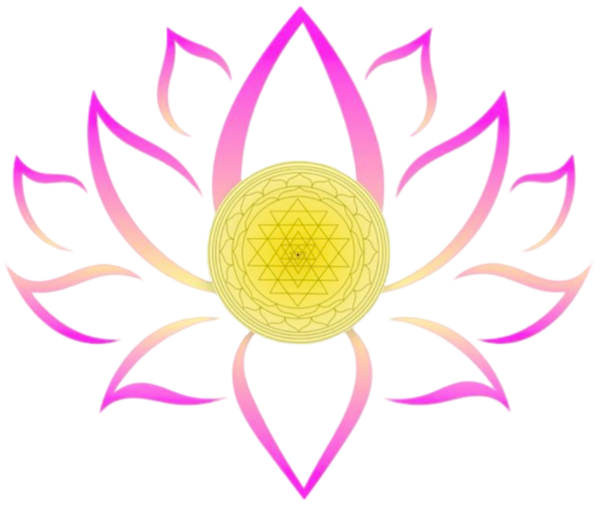In the rich tapestry of Indian culture, traditional practices hold a special place, particularly when it comes to childbirth and postpartum care. Among these is the revered Bananti Antinu, a traditional postpartum care ritual practiced in the southern state of Karnataka. This ancient custom is a holistic approach to ensuring the health and well-being of the mother and newborn, combining dietary practices, massages, and rest. Let’s explore the significance of Bananti Antinu and how it continues to nurture new mothers today.

1. What is Bananti Antinu?
Bananti Antinu is a traditional postpartum care regimen followed in many parts of Karnataka. The term "Bananti" refers to a new mother, while "Antinu" signifies the ritual or the set of practices associated with this period. This tradition spans 40 days to several months, depending on regional and familial customs, and is designed to restore the mother's physical and mental health after childbirth.
2. The Role of Diet in Bananti Antinu
A key aspect of Bananti Antinu is the special diet prepared for the new mother. This diet is carefully curated to provide nourishment, boost lactation, and aid in the recovery of the mother's body. The food is typically rich in:
- Proteins: Lentils, pulses, and meat (in non-vegetarian families) are included to help repair tissues and provide strength.
- Healthy Fats: Ghee is a staple in the Bananti diet, providing the necessary fats for energy and aiding in the absorption of fat-soluble vitamins.
- Herbs and Spices: Ingredients like turmeric, fenugreek, ajwain (carom seeds), and garlic are used for their medicinal properties. They help reduce inflammation, boost immunity, and aid digestion.
- Warm Foods: The focus is on consuming warm, freshly prepared meals that are easy to digest. Cold foods and drinks are generally avoided to prevent any disturbances in the body's natural heat during recovery.
Some popular dishes in the Bananti diet include "Bananti Soppu Saaru" (a nutritious leafy green soup), "Aralu Sandige" (puffed rice snack), and "Dink Ladoo" (edible gum-based sweet balls), all of which are believed to enhance lactation and provide essential nutrients.
3. Traditional Massages and Rest
In addition to diet, traditional massages play a crucial role in the Bananti Antinu ritual. These massages, often performed with warm sesame oil or herbal oils, are designed to:
- Relieve Muscle Aches: Pregnancy and childbirth put immense strain on a woman's body, and these massages help soothe sore muscles and joints.
- Promote Circulation: The massages improve blood circulation, helping the body eliminate toxins and reduce postpartum swelling.
- Support Uterine Recovery: Gentle abdominal massages are believed to help the uterus contract back to its pre-pregnancy size.
Rest is another critical component of Bananti Antinu. New mothers are encouraged to take plenty of rest, avoid strenuous activities, and focus on bonding with their newborns. This period of rest helps the body heal and ensures the mother regains her strength gradually.
4. The Social and Emotional Support
Bananti Antinu is not just about physical recovery; it also emphasizes the importance of emotional well-being. During this period, the new mother is often surrounded by her family, especially older women who offer guidance, support, and care. This communal aspect helps the mother cope with the emotional challenges of postpartum life, providing her with a sense of security and comfort.
The rituals and customs followed during Bananti Antinu also create a bonding experience for the family, strengthening relationships and passing down traditional knowledge from one generation to the next.
5. Modern Relevance of Bananti Antinu
While some of the practices in Bananti Antinu may seem outdated to modern sensibilities, the underlying principles are timeless. The focus on nutrition, rest, and emotional support remains relevant in today's fast-paced world. Many modern mothers, especially in Karnataka, continue to follow modified versions of Bananti Antinu, blending traditional wisdom with contemporary medical advice.
Healthcare professionals increasingly recognize the benefits of such holistic postpartum care, leading to a resurgence of interest in these age-old practices. By combining Bananti Antinu with modern medical care, new mothers can experience a well-rounded recovery that honors both tradition and science.
Conclusion
Bananti Antinu is more than just a set of rituals; it is a time-honored tradition that honors the journey of motherhood. By focusing on the well-being of the new mother through nourishing foods, restorative massages, ample rest, and emotional support, this practice ensures a healthy transition into the new chapter of life. As we continue to explore the intersection of tradition and modernity, Bananti Antinu serves as a beautiful reminder of the wisdom embedded in cultural practices, offering valuable insights for nurturing new mothers today.





